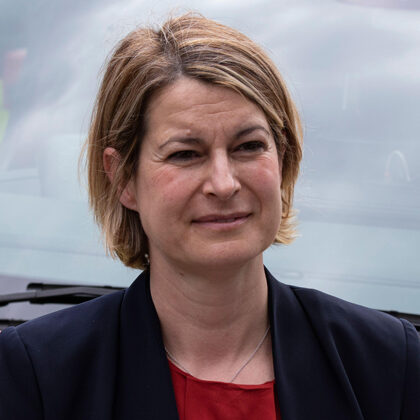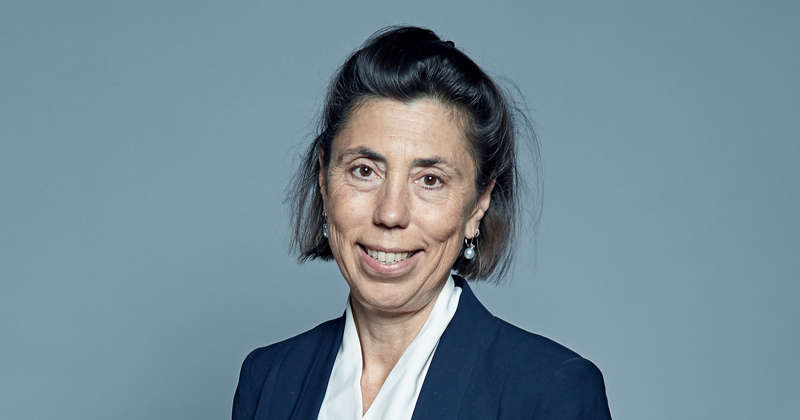The Labour Party’s plan to charge private schools VAT could pile pressure on councils as more parents are “pushed” into seeking statutory SEND support plans, the academies minister has said.
If it wins the next election, Labour plans to end the VAT exemption for independent schools. According to reports, pupils with education, health and care plans (EHCPs), issued by councils, will be exempt.
Labour refused to confirm to Schools Week what the exact exemption is, despite multiple requests for clarification.
However, a Labour spokesman told the Telegraph: “Places that are funded by EHCPs for children with special educational needs will not have a higher cost as a result of VAT.”
According to an Independent Schools Council survey of its members, about 100,000 private school pupils have special educational needs or disabilities. Just 7,100 have an EHCP.
In the Lords last week, academies minister Baroness Barran claimed the exemption would “push those parents into seeking an EHCP, with all the knock-on effects on local authority finances that we can see around the country”.
Nearly two-thirds of councils had cumulative deficits in their dedicated schools grants as of March last year. Some cash-strapped councils claim the rise in EHCPs is putting pressure on their finances.
Tom Richmond, director at the EDSK think tank, said while the exemption is “well intentioned”, it could “create a perverse incentive for independent school parents to pursue” an EHCP.
Labour wants to ‘avoid loophole’
Parents have the right to request a certain school for their child to attend if they have an EHCP and councils can only refuse this in limited circumstances.
There is also the issue of how the plan would impact private special schools, increasingly used by councils as state special schools are full.

Most of the pupils in these schools have EHCPs, so would be exempt. But Schools Week analysis of government data suggests about 1,600 pupils across a third of those schools still do not have plans.
In a Westminster Hall debate last month, Labour’s shadow children’s minister Helen Hayes said the reasons for not exempting all children at the schools was to “avoid a loophole whereby any school can claim that it is a special school” and “evade the policy”.
Some of these schools told the Telegraph children had attended these schools because the state sector could not meet their needs and family members were taking on second jobs to pay the fees.
Last year, shadow education secretary Bridget Phillipson said private schools should “reflect on where they could be making savings” so they can cover the VAT on fees for parents.
Julia Robinson, ISC chief executive, said they are “deeply concerned” about the “potential disruption” to children with SEND’s education.









Your thoughts